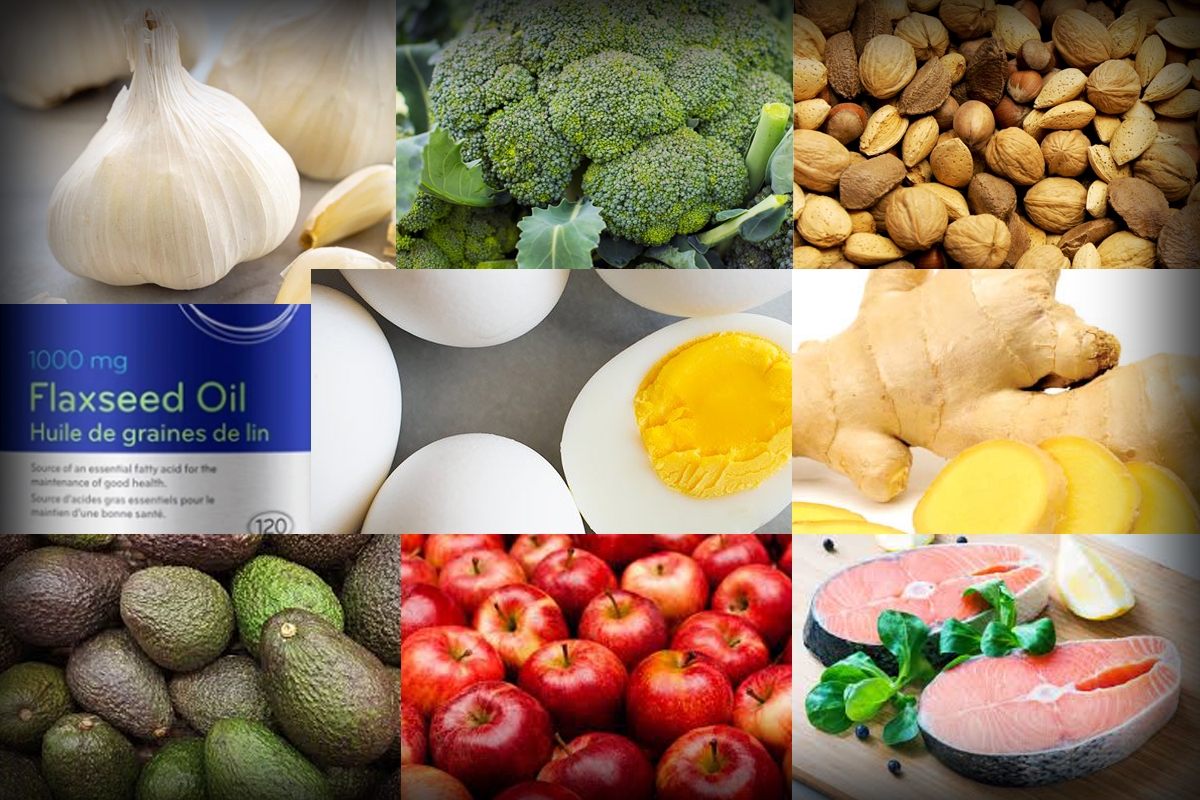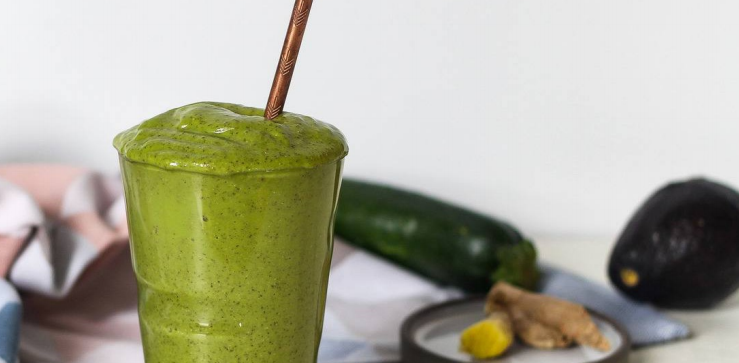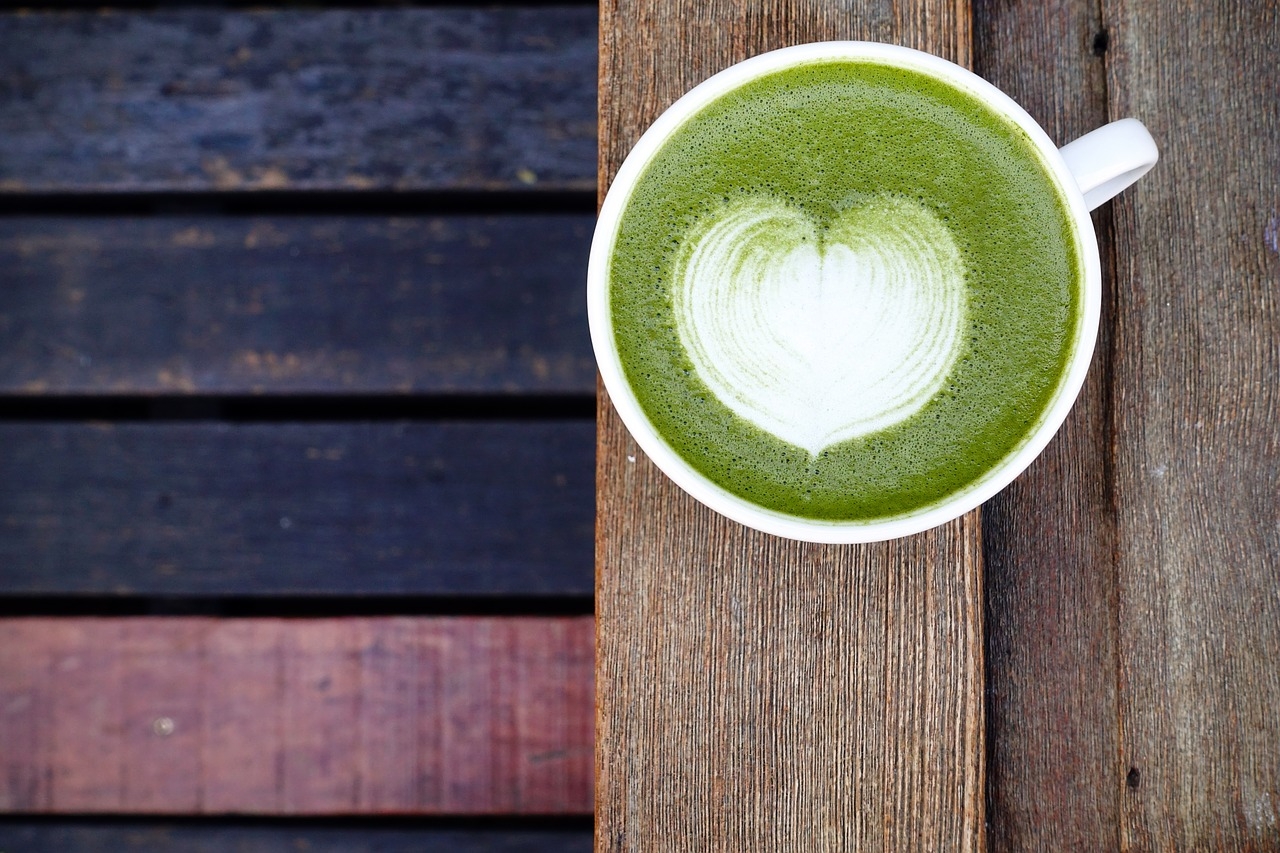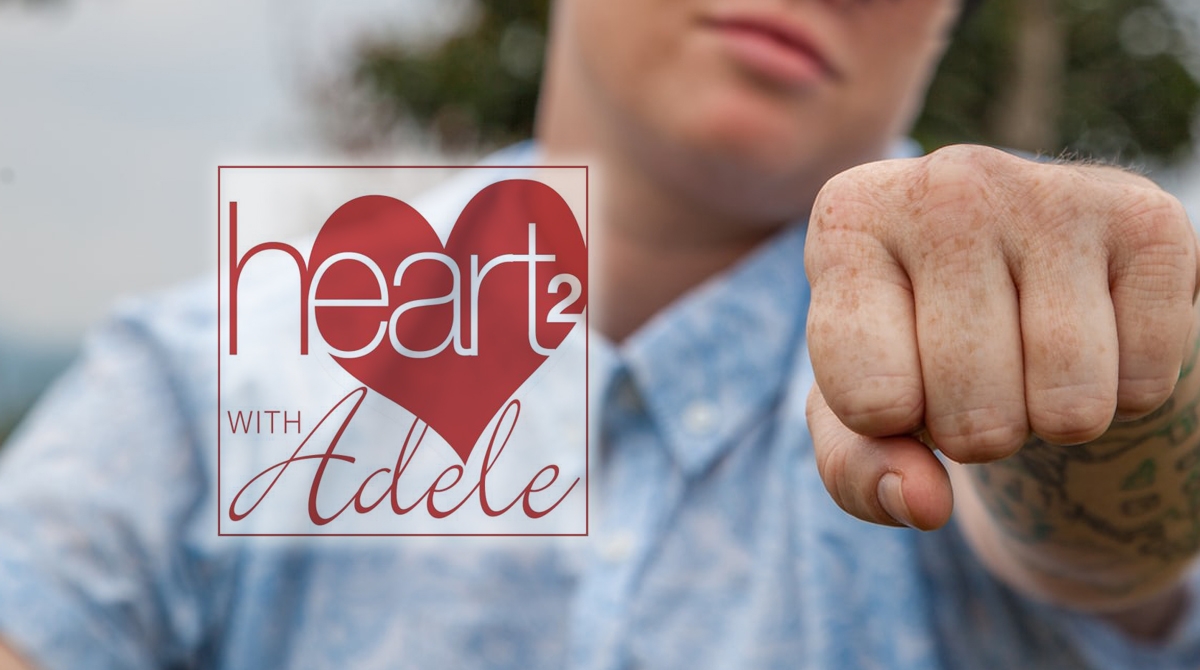
Food for allergy relief – anti-inflammatories and good fats
Although we are still home and staying safe, one of the things that I find helps to keep me grounded, is seeing that Mother Nature is still on course. Spring is most definitely on its way and with it the allergies that can make our lives quite uncomfortable at times.
With these various pollens starting to swirl around in the air, I have already noticed that itchy eyes and runny noses are starting to make an appearance in my household. As the saying goes, ‘we are what we eat’, so therefore there are certain foods to avoid or try to eat less of and other food that can help reduce allergy symptoms. I will be looking at these different foods and certain lifestyle changes you can make to help reduce those irritations and hopefully enjoy spring a little more than normal.
What is hay fever? It is in fact our immune system reacting to an unthreatening foreign body, such as grass, tree or flower pollen, with an allergic response. Although there can be no actual harm caused to the body by the pollen, our immune system does not agree with this. Therefore, in wanting to protect us from the pollen it jumps into action which results in our immune system going into overdrive, with our mucous membranes producing more mucous than normal, with the objective that this will trap that nasty pollen and keep it out of the body, or our eyes will start watering, again with the objective of flushing out the intruder from the eye, or the sudden sneezing where the body is looking to expel the pollen as quickly as possible. We probably all know someone who suffers from these various symptoms of hay fever and they can be very disagreeable.
So, as the buds come out and the plants grow, we need to look at the best ways to support our immune system, through what we eat, looking to reduce the ‘overdrive’ reaction our immune system has when it comes into contact with a grass, tree or flower pollen.
Often when we talk about fats people tend to assume that they are all bad for us, however that isn’t quite right. Trans fats are manmade, and as such the body has great difficulty in absorbing and using them. So instead, they hang around our body and can irritate our immune system and be one of the contributing factors of the inflammatory response to hay fever. You may wonder where these trans fats hide, well they can often be found in most processed baked goods, such as doughnuts, pastries, candies, bread, rolls and other savory foods like corn chips and French fries. Margarine and vegetables oils can also contain important quantities of trans fats.
However, all is not lost, there are fats that we can easily incorporate into our diet that will help to reduce inflammation in the body, these are known as healthy fats. They are found in nuts, seeds, avocados, olive oil, flaxseed seed oil and oily fish. Not only do they help to support our immune system, but they also provide energy for every single cell in our body and help to keep our skin waterproof.
Although you may not release it but your immune system is always working, even when you feel well it is constantly on the look-out, checking everything that comes into the body and assessing whether it is a friend or foe. So, you can imagine that this requires a lot of energy, and where does your body go and get that energy from — well the food we eat.
Everything that we eat affects our body one way or the other, so processed foods although they may provide some nutrition will also place more stress on the body, through the accumulation of additives and preservatives that are used in the processing stage, as they are used to increase shelf life and flavor of the product. They will also increase the toxic load on our immune system, as it is trying to figure out if they are friend or foe.
However, foods such as apples, green leafy vegetables, broccoli and cucumbers are SO good for hay fever suffers. I keep referring to the immune system as this is the base of the problem for hay fever sufferers. We know that our immune system requires a constant source of fuel to be able to do its work properly, however the fuel that we provide it with will have a huge impact on how well it deals with these air born pollens. We are looking to keep it working but calm when it encounters a pollen. So, at this time of year we are looking to provide it with good, clean energy, such as the one you put in your car. For example, with your car, if you are constantly put in the lower grade gas, this will eventually clog up the engine and create problems further down the road. It is the same for our body, a constant intake of processed foods will have consequences on our health. So, why do we often talk about these green leafy vegetables? It is important to know that they are full of chlorophyll, which is why they are green. These green leafy vegetables are full of that good clean energy that comes directly from the sun and they are literally bursting with that energy. Imagine now, if you were to incorporate more of these foods into your diet? Not only would it help to support your immune system, think of vitamins A, C and E, but you are also providing your body in every aspect with the most amazing source of good, clean, energy.
Another source of energy are dairy products such as yoghurts, eggs, milk and red meat although they are great sources of protein as well, these foods can for people that have hay fever, be compounding their symptoms, as they are known to increase and thicken the mucous membranes and their subsequent mucous production. Not only this but these foods are also quite acidic, which means that the body must work harder to maintain our normal pH of about 7.4. So just by reducing our intake of these foods we can not only help with reducing hay fever symptoms, but it will also support the body in keeping our pH balanced.
Other foods such as garlic and ginger are also known to have anti-inflammatory properties, which will help to keep the immune in check, so including these in your diet, can be a good option too.
Another practical thing that can be done, is to wash your face with water during the day, as this will help to reduce the amount of pollen near the eyes and nose. Nasal rinses can also provide relief, as this helps to flush out the pollen and keep the mucous membranes clean.

So, as you can see there are options out there to hopefully provide you with some relief from the seasonal allergies. This glorious green smoothie is on my favourite smoothie at this time of year as I find it really helps to reduce those symptoms and just feels great first thing in the morning. Give it try and let me know what you think.
Send your nutrition questions to susan@susanalsembach.com









